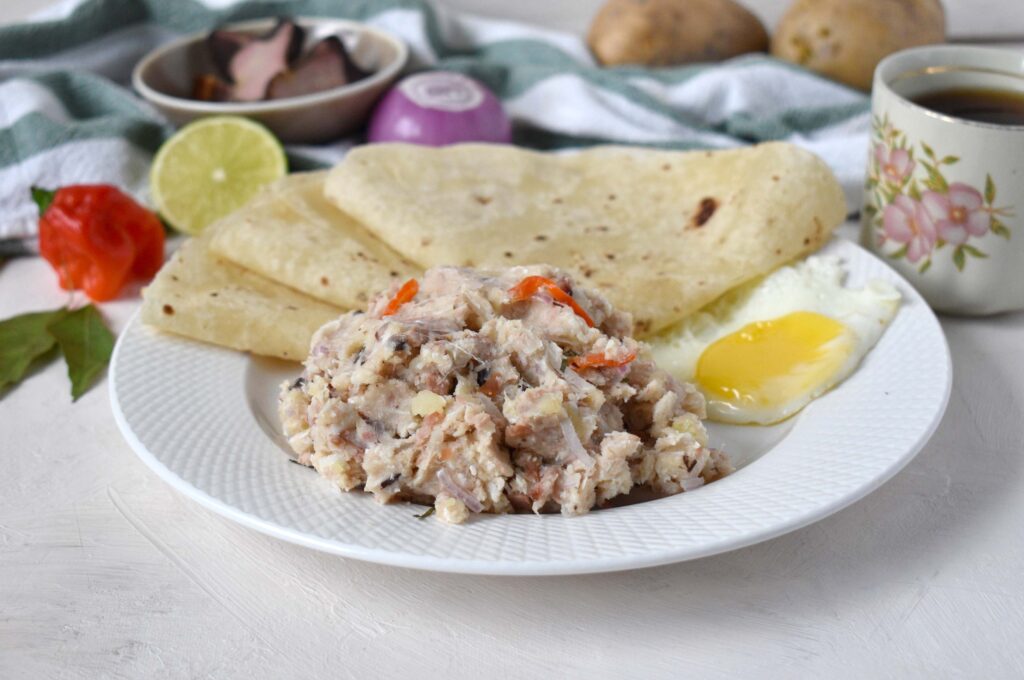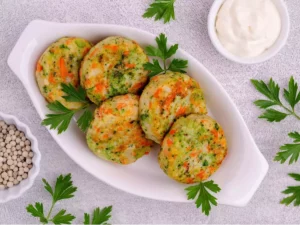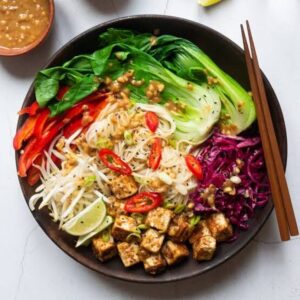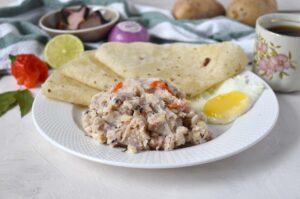Savoring Sunrise: The Maldivian Breakfast Tradition of Mas Hun

In the tranquil embrace of the Indian Ocean, where turquoise waters gently caress pristine white shores, lies a paradise like no other: the Maldives. This archipelago of coral islands, adorned with palm-fringed beaches and vibrant marine life, beckons travelers from around the globe to immerse themselves in its natural splendor. Yet, beyond the postcard-perfect scenery and luxury resorts, there lies a culinary treasure waiting to be discovered: Mas Huni, a breakfast delicacy that embodies the essence of Maldivian culture and tradition.
A Culinary Heritage: Mas Huni, which translates to “mixed fish” in the local Dhivehi language, is more than just a dish; it is a testament to the Maldivian way of life. Rooted in centuries-old fishing traditions, this humble yet hearty breakfast fare has sustained generations of islanders, providing nourishment and sustenance in a land where the ocean is both lifeline and larder.
The Ingredients of Abundance: At the heart of Mas Huni lies the bounty of the sea: fresh tuna, finely chopped or shredded to delicate perfection. This prized catch is then combined with grated coconut, harvested from the lush palm groves that dot the islands, infusing the dish with a creamy richness that is uniquely Maldivian. To this base, diced onions and fiery chili peppers are added, lending depth and complexity to the flavor profile. Finally, a generous squeeze of zesty lime juice ties it all together, adding a refreshing burst of acidity that awakens the senses.
The Art of Preparation: Preparing Mas Huni is a labor of love, requiring skill and finesse to achieve the perfect balance of flavors and textures. Traditionally, the ingredients are meticulously combined by hand, allowing the flavors to meld together harmoniously. Each component plays a vital role in the culinary symphony: the tuna provides protein and substance, the coconut lends creaminess and sweetness, while the onions, chili, and lime add layers of depth and dimension.
Breakfast Rituals: In Maldivian households, the preparation and enjoyment of Mas Huni are steeped in ritual and tradition. As the first light of dawn illuminates the horizon, families gather in kitchens and courtyards to partake in the morning meal together. The aroma of freshly grated coconut and spicy chili fills the air, mingling with the salty tang of the ocean breeze. With deft hands and warm hearts, they knead the dough for roshi, the traditional flatbread that accompanies Mas Huni, or fire up the grill to toast its golden surface to perfection.
A Feast for the Senses: As the Mas Huni is served, a symphony of flavors dances across the palate, each bite a celebration of Maldivian culinary heritage. The tender flakes of tuna, bathed in the luscious embrace of coconut and enlivened by the heat of chili and the tang of lime, create a sensory experience that is both comforting and invigorating. Paired with the warm, pillowy roshi, it is a breakfast fit for royalty, yet humble in its origins and deeply rooted in the rhythms of island life.
Preserving Tradition: In an age of rapid modernization and globalization, the traditional art of preparing Mas Huni is a cherished skill passed down from generation to generation. While the Maldives undergoes rapid transformation, with luxury resorts and modern amenities dotting its shores, the spirit of Mas Huni remains unchanged. It is a reminder of the simple joys of life, the importance of family and community, and the enduring connection between land, sea, and sustenance.
A Culinary Journey: For travelers seeking an authentic taste of Maldivian culture, Mas Huni offers a tantalizing glimpse into the heart and soul of the islands. Whether enjoyed in a rustic beachside café or a luxurious overwater villa, the experience of savoring this iconic breakfast dish is nothing short of magical. As the sun rises over the azure waters of the Indian Ocean, casting its golden glow upon the sandy shores, take a moment to savor the flavors of paradise and immerse yourself in the rich tapestry of Maldivian culinary heritage.






